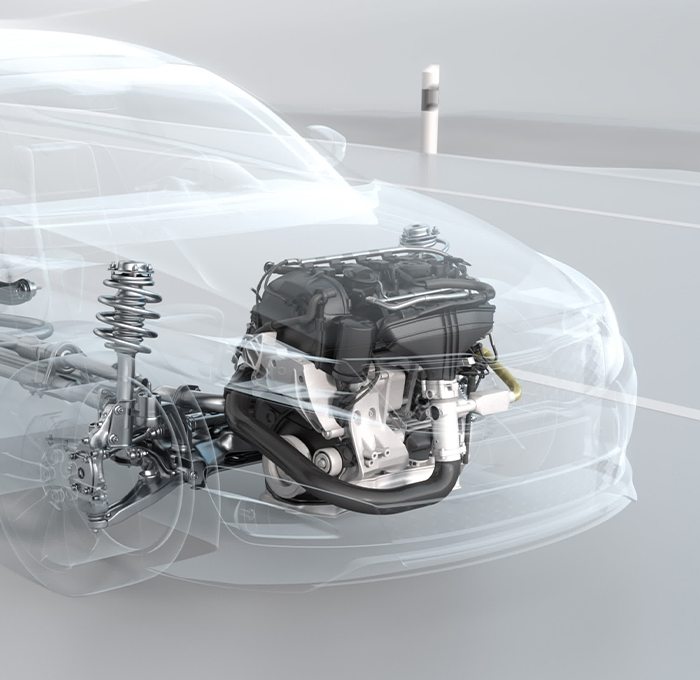
- Manufacturing
- Optimization
Robot Offline Programming Automation: From 6 Weeks to Days
Automate multi-robot chassis welding routes and tasks using AI and robotics, leading to a substantial reduction in labor hours and product production time.
READ MORE




